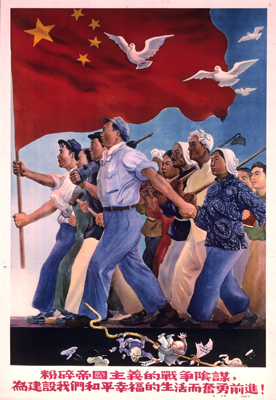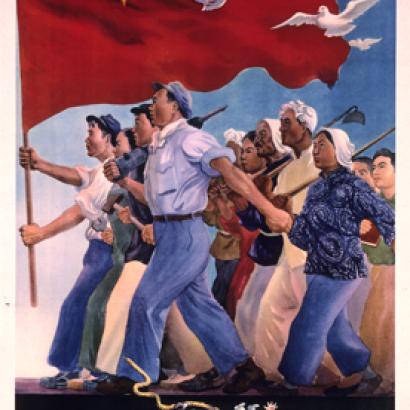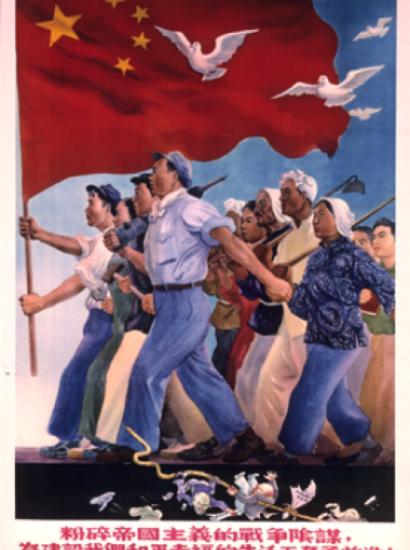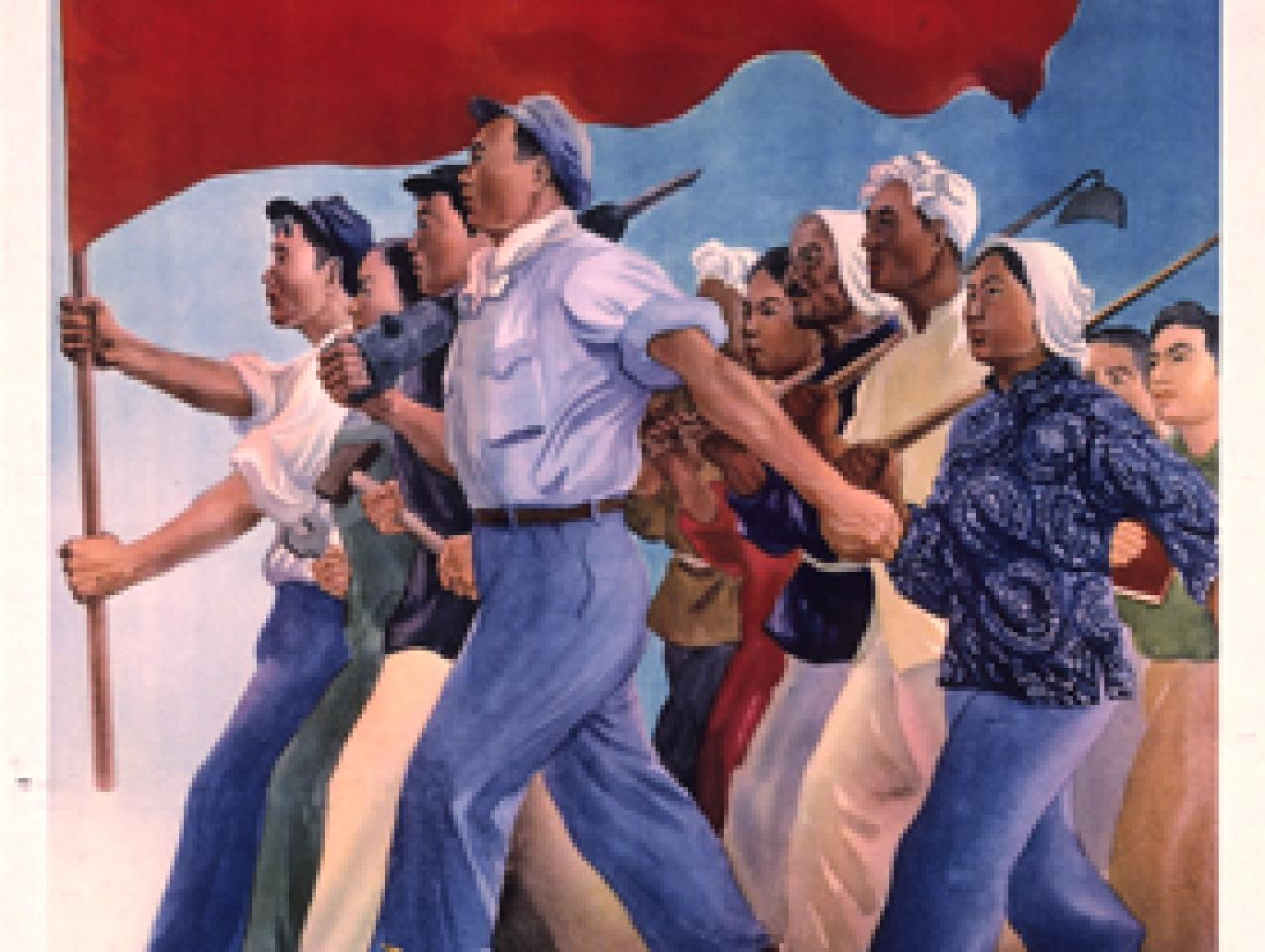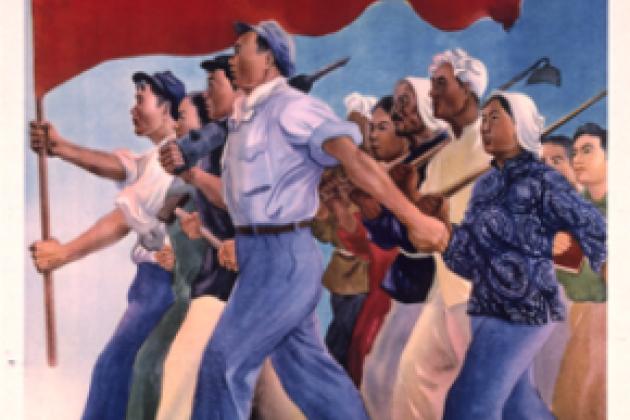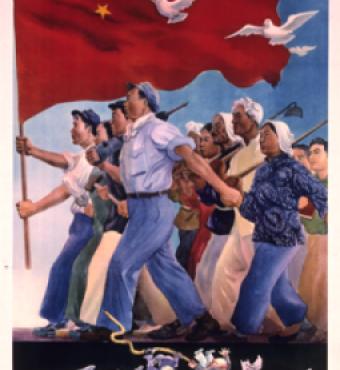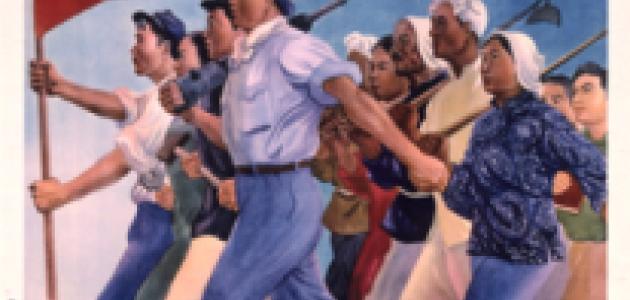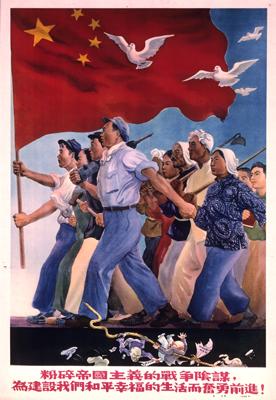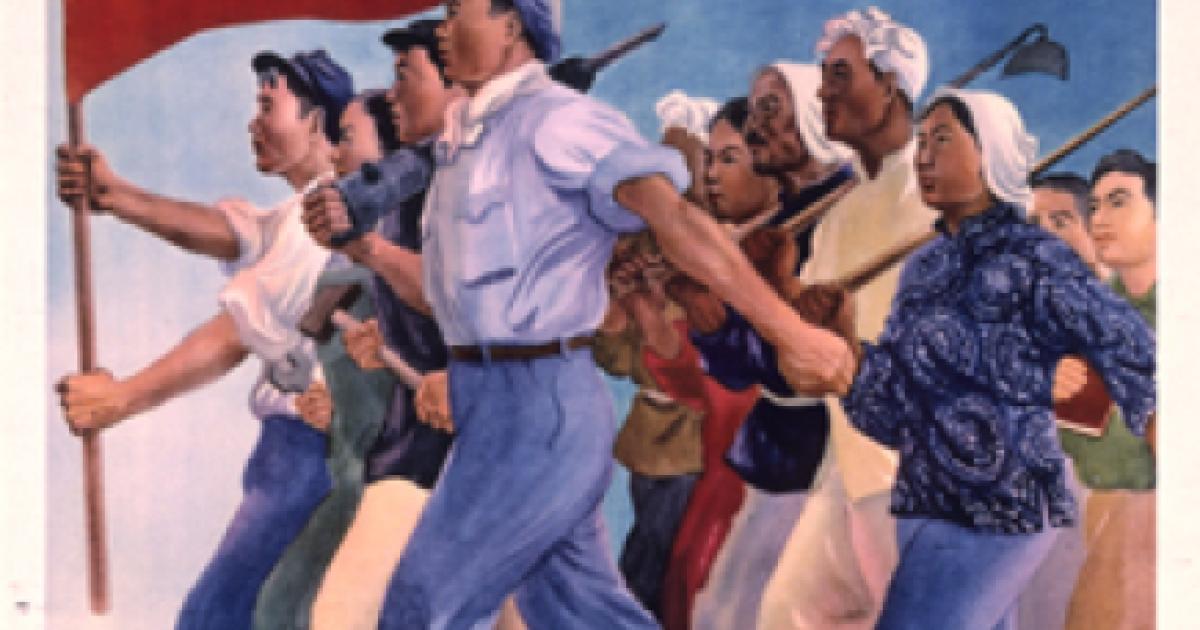- International Affairs
- Key Countries / Regions
- China
- Security & Defense
- US Defense
- US Foreign Policy
- Politics, Institutions, and Public Opinion
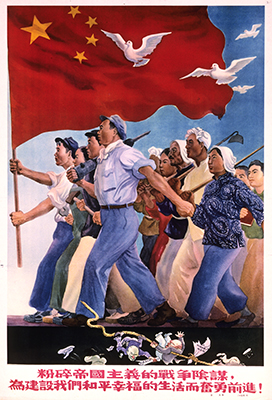
One unique aspect of America’s strategic competition with China is the Chinese Communist Party’s (CCP) weaponization of all domains of U.S.-China bilateral interactions. From Mao to Xi, all dealings with the U.S., ranging from trade, supply chain, cultural exchange, diplomatic routines, to academic and scientific research, engineering innovation, and defense technology development, have been viewed as nothing but matters of “struggle,” an essential Leninist strategy that centers on the uncompromising nature of the inner contradictions between socialism and capitalism.
In other words, the ups and downs of the U.S.-China relationship have little to do with how hawkish or dovish any particular U.S. administration might be toward Beijing, as the very existence of the U.S. and what it represents poses a mortal—transparent or veiled—threat to the communist regime and its foundational ideology. This should not be surprising if one is familiar with the Marxist-Leninist playbook.
The existential hostility held by the CCP inner core toward the U.S. has been remarkably consistent throughout history. In fact, there has never been a CCP leader who thinks hawks or doves in Washington’s political establishment harbor any genuine good will toward Beijing. In other words, hawks or doves do not matter at all in deciding the direction of the bilateral relationship. If Washington is hawkish toward the CCP, it confirms Lenin’s tenets; if Washington is dovish, the ruling class of the United States is being deceptive and good at hiding its true anti-communist intent to carry out an insidiously subversive “Peaceful Evolution” to topple the regime, which also re-enforces Lenin’s dogma.
In 1949, Mao Zedong vividly described the anti-communist hawks and the pro-CCP doves during the Truman administration when the White House released its generally CCP-friendly China White Paper:
Two factions of counter-revolutionaries have been competing with each other. One said, "Ours is the best method." The other said, "Ours is the best." When the dispute was at its hottest, one faction suddenly laid its cards on the table and revealed many of its treasured tricks of the past—and there you have the White Paper.
(Mao, Selected Works, p. 362)
In 1989, in the aftermath of ordering the Tiananmen massacre, Mao’s successor, Paramount Leader Deng Xiaoping, instructed the inner core of the CCP cadres:
Capitalism hopes to declare a final victory over socialism. In the past, it used weapons, including atomic bombs, hydrogen bombs, which was opposed by people of the world. But now it is engaged in the peaceful evolution.
(Deng Xiaoping, Selected Works, Volume III, p. 102)
And this:
The recent turmoil and counter-revolutionary riot in Beijing was first and foremost instigated by the international anti-communist and anti-socialist thought forces. Unfortunately, the United States involved itself too deeply on this issue, and continues to scold China.
(Deng Xiaoping, Selected Works, Volume III, p. 103)
Deng’s successor General Secretary Jiang Zemin is even more transparent on this:
Whether it's the "containment policy" or the so-called "engagement policy," there is always one ultimate objective, that is try to change China's socialist system, and eventually turn our country into the Western capitalist system. This struggle is a long-term, complex one. In this regard, we should always keep a clear head, must never lose our vigilance.
(Jiang Zemin, Selected Works, Volume II, p. 209)
And this:
The United States is using a two-pronged strategy against us. It is called "engagement plus containment." We should also pay attention to strategy, using our two-pronged strategy against theirs, using confrontation to promote cooperation.
(Jiang Zemin, Selected Works, Volume II, p. 436)
And yet more:
International hostile forces view China as a thorn in their eye, trying every trick to bring down the Chinese Communist Party leadership and our socialist system. They have never quit their political strategy of westernizing and dividing China.
(Jiang Zemin, Selected Works, Volume III, p. 19)
Jiang’s successor General Secretary Hu Jintao is also not lax on the United States’ “ideological impact” upon the Chinese people:
The ideological front has always been an important battleground in our fierce fighting with the hostile forces. If this front were to have a problem, it could lead to social unrest and even to a regime change. When the hostile forces attempt to throw society into chaos or subvert the regime, they often start with breaking into the ideological field and messing with people’s minds.
(Hu Jintao, in the PLA documentary, Silent Contest, 2013).
Xi Jinping, the current Chinese Communist Party general secretary, has outdone all his predecessors since Mao in weaponizing all means of the bilateral relationship to “struggle” against the United States, as he also never believes the United States could possibly be friendly toward Beijing:
Western countries’ strategic calculation to contain our country’s development will never change. They will never want a socialist country like ours to carry out a smooth peaceful development.
(Xi Jinping, in the PLA documentary, Silent Contest, 2013)
The folly of hoping to get a reciprocal, cooperative bilateral relationship from the ideologically intoxicated, perpetually belligerent Marxist-Leninist and well-disciplined Chinese Communist Party has proved to be costly to the United States.
Failing to understand this basic source of Chinese conduct had led to a long list of Washington’s strategic blunders in its storied engagement with the CCP regime until the Trump administration. Those in the West, especially in the United States, who believe being nicer to a hostile regime will make the regime cease to be hostile, have become the primary target of Beijing’s relentless political warfare, being exploited for their naïve and uninformed wishful thinking.
A China policy unprincipled and naively conciliatory to the CCP’s aggressive demands, soothingly oblivious to its egregious human rights abuse, massive intellectual property theft, and a long list of other Beijing misdeeds, will continue to harm U.S. national interests, and most important of all, destroy the ideals and institutions of America’s democratic systems. As General Secretary Xi Jinping likes to say, this is a “You Die, I Live” struggle.







